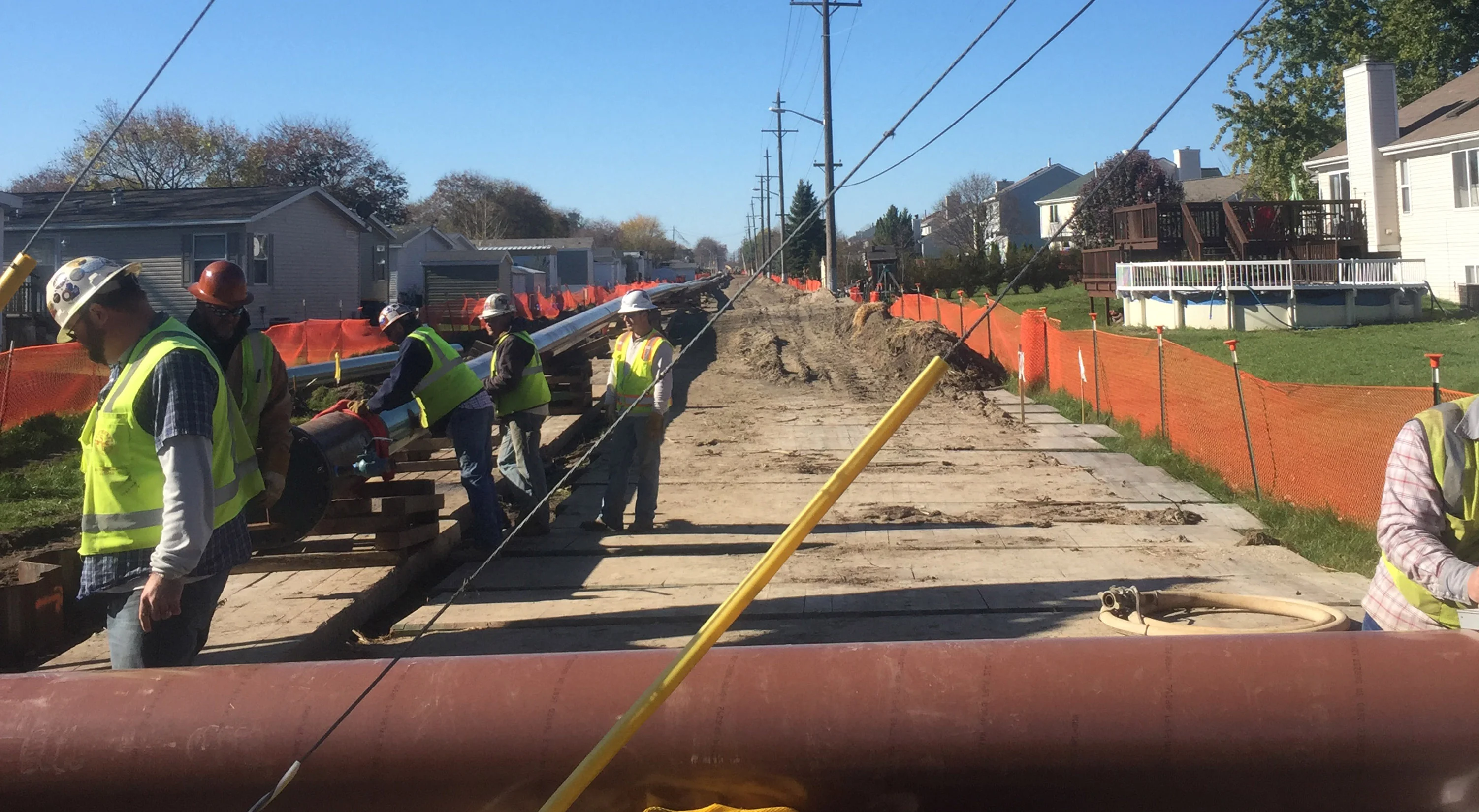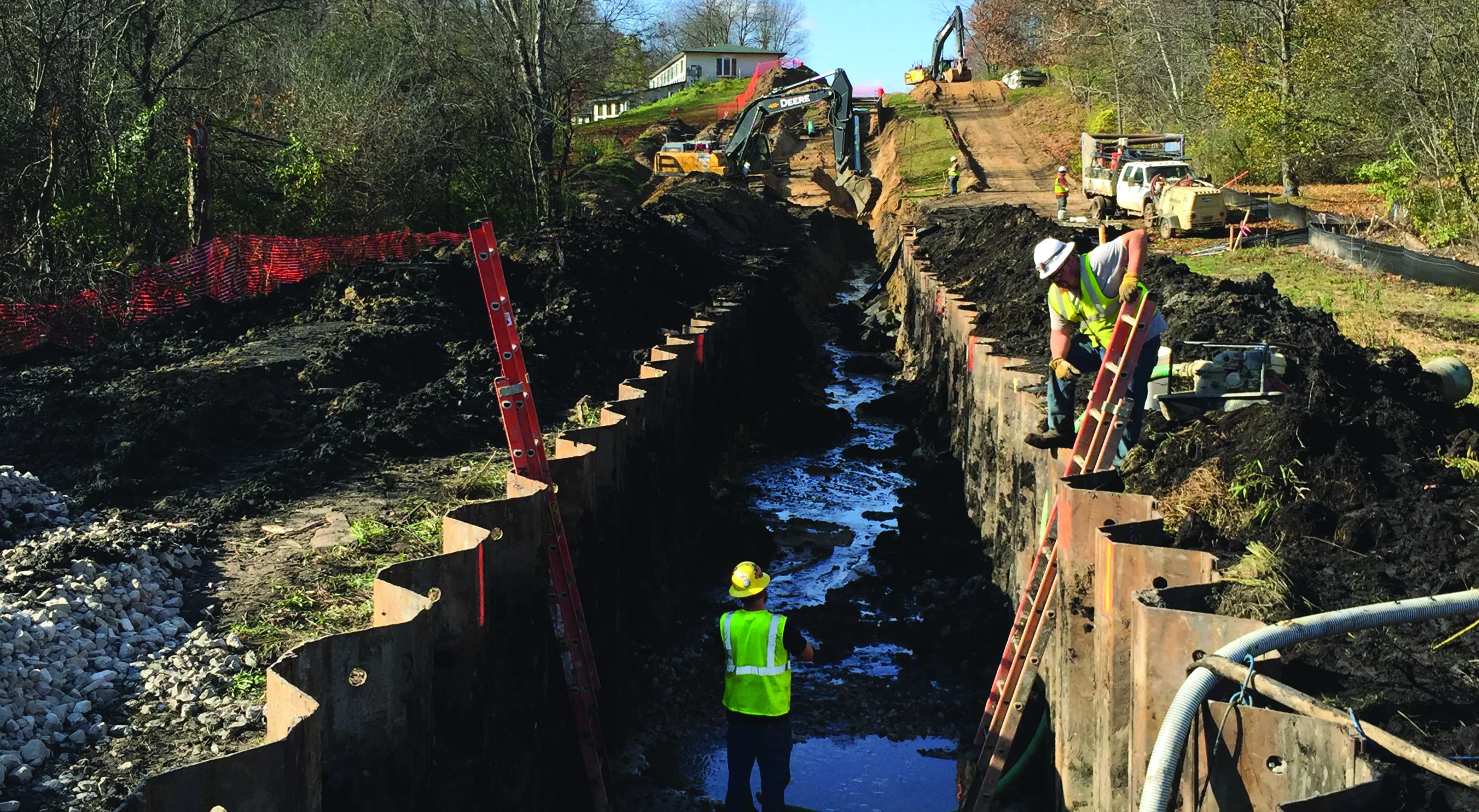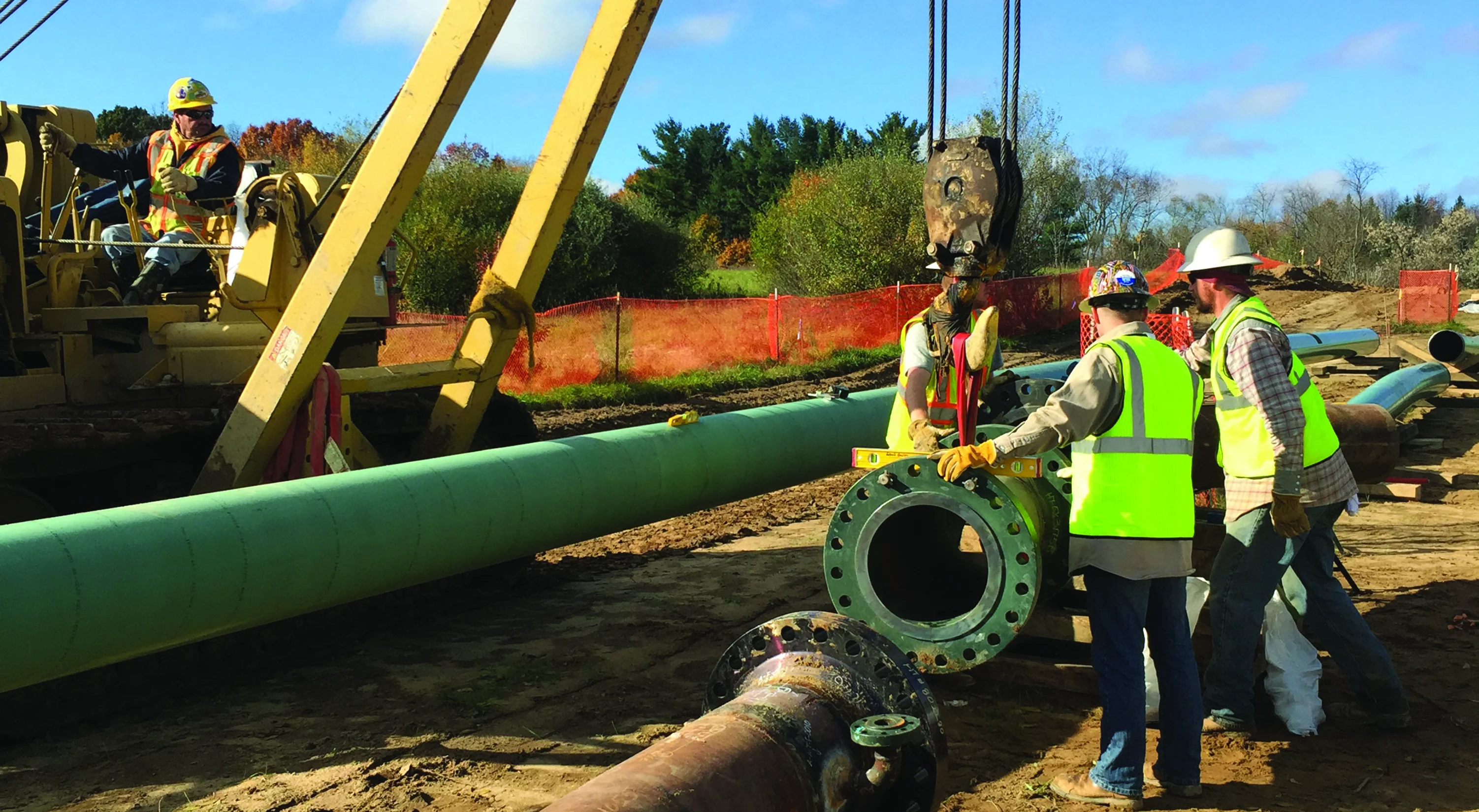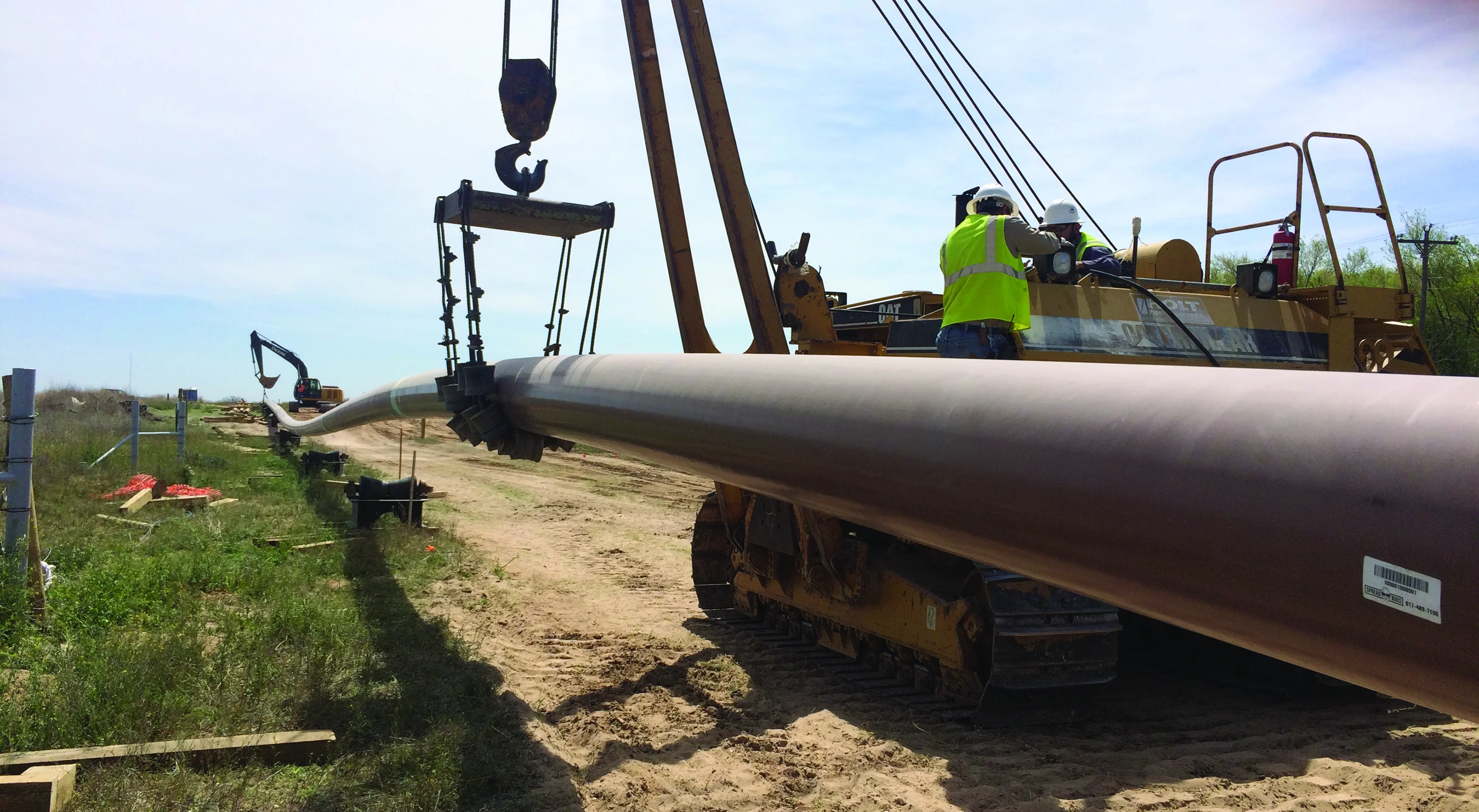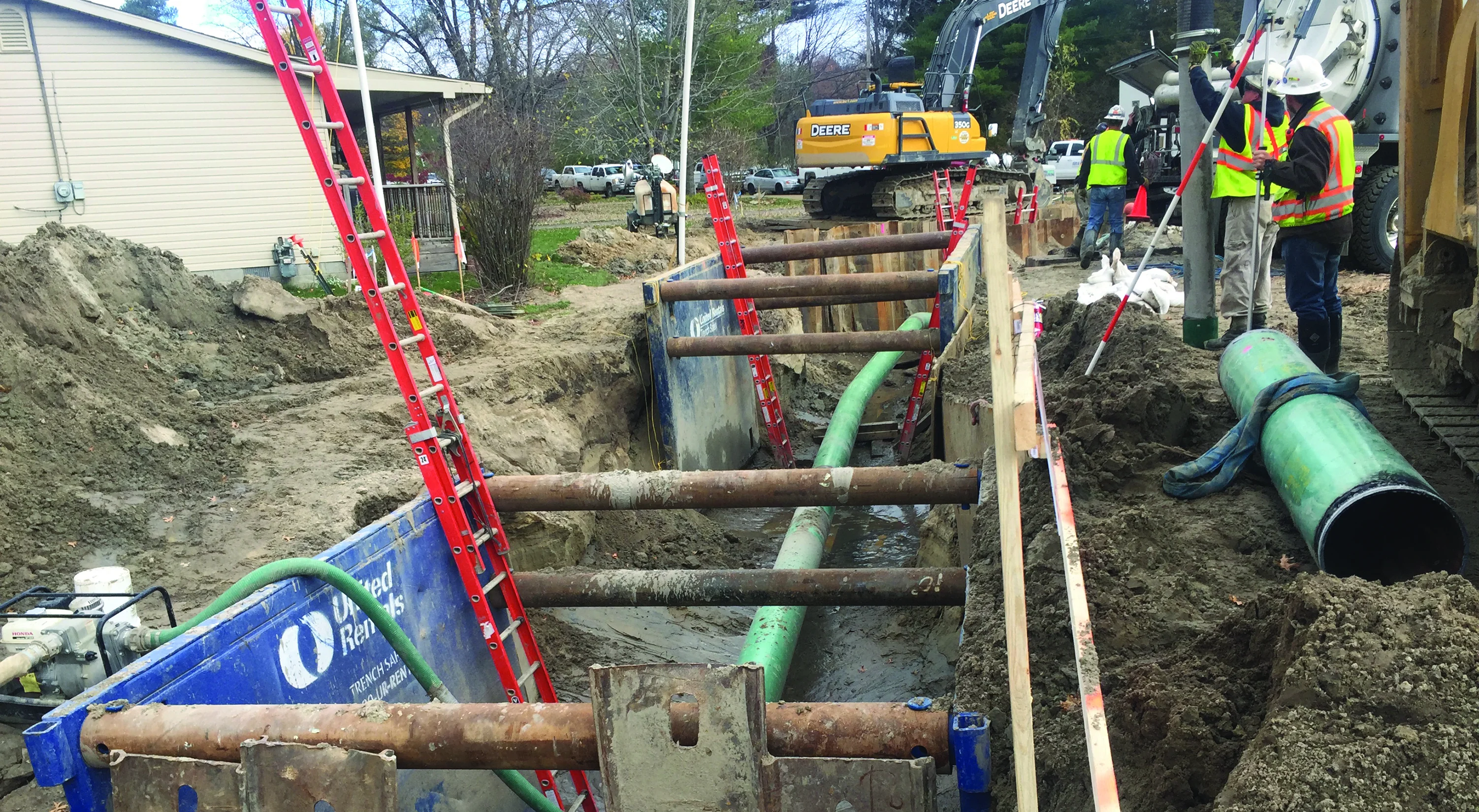Health & Safety/Permitting Management for Pipeline Construction
Challenge
A pipeline company was installing a new 35-mile length of pipeline in Michigan to serve as a feeder line into a large terminal as part of an expansion project. The client, a Loss Prevention System (LPS) company, requires its contractors to adhere to the behavior based health and safety protocols; however, the pipeline construction workers were experiencing injuries and property damage during installation of the pipeline. The client, working under a tight permit schedule, also required aboveground storage tank (AST) and geotechnical evaluations, permitting assistance, sampling, and waste management services.
Solution
GES was initially contracted to complete confined space entry for evaluation of an AST and to perform geotechnical soil borings for evaluation of the AST clay berm. Due to our excellent performance and safety record, GES was later engaged to perform a three-day evaluation of the construction crew and observed that the workers were not performing safe performance self-assessments (SPSAs) and that the job safety analyses (JSAs) were incomplete. GES provided a report summarizing these observations and recommended improvements. As a result of the report findings, the client contracted GES field staff to complete daily inspections of the work sites and coach workers on the SPSA process. GES also assisted with improving JSAs and incident reporting. GES provided other services to the client, including:
Permitting: Worked with state agencies to obtain new National Pollutant Discharge Elimination System (NPDES) permits by preparing permit applications, discharge plans, and spill plans, and performing discharge sampling and reporting. Worked with local units of government to obtain erosion permits, spill plans, and notifications.
Rapid Response: Sections of the new pipeline were being installed within existing pipeline easement and impacted soil was discovered. GES responded to the site to collect soil samples, direct the segregation of impacted soil, create a soil disposal profile, and prepare reports.
Waste Management: Coordinated the disposal/treatment of the horizontal directional drilling (HDD) drilling fluid and created a soil disposal comparison plan.
Benefits
GES’ health and safety management at the site resulted in a significant reduction in hand and eye injuries and a noted improvement in JSAs and details on incident reports. GES assisted the client in achieving its permitting goals to meet stringent deadlines. The HDD drilling fluid disposal plan provided cost savings to the client and removed potential long-term liability issues.
